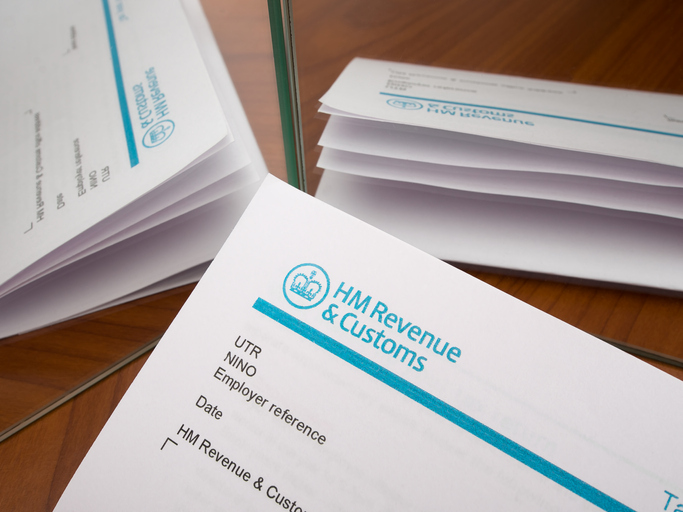The recent case of Knights v. Townsend Harrison Limited 2021 [EWHC] 2563 has an all too familiar ring to it in the context of tax avoidance cases against professional advisors. Like many of the tax avoidance cases I have advised on, this case involved a disguised remuneration scheme, as well as the Elysian scheme, and a particular investment (see below)).
Background
The facts are (sadly) all too familiar.
The Claimants (Knights and others) wanted to reduce their tax liability. As a result, the defendant (Townsend Harrison) (THL) introduced them to an investment opportunity and three tax avoidance schemes. Unfortunately for the Claimants:
- The investment (CWM) transpired to be, it was said in all likelihood, a Ponzi scheme.
- Two of the tax schemes failed to achieve the desired tax savings, and the other tax scheme appears likely to fail in the same way.
- The CWM Investment resulted in a total loss of the funds invested.
The Claim
The Claimant alleged that THL were in breach of their duty of care in (i) making introductions to the providers of the tax schemes (an EFRBS and a further tax scheme, Elysian), promoted by Newport (a pension planning advisor)) and (ii) providing advice in respect of entry into them. The Claimants claimed that, it was these two factors that caused them to enter into the tax schemes, as a result of which they had suffered loss and damage.
THL strenuously denied liability. In their defence, they said that, although they were the claimants’ accountants, they acted only as an introducer of the Tax Schemes and the CWM Investment, and had made it clear in their terms of business and in limitation of liability letters that they were not providing, and could not provide, advice in respect of these.
THL rejected that any duty of care arose with regards to the introductions, and further denied that they agreed, or were under any other obligation, to carry out due diligence in respect of the investment, or gave any incorrect advice, or made any incorrect statements in respect of the tax schemes or the CWM Investment.
Decision
The issues at trial revolved around the duties (and scope of duty) of accountants (in this instance THL) who introduce their clients to tax schemes, as well as their duty of care with regards to the giving of advice.
The judge was satisfied that THL did generally encourage the Claimants to give consideration to the tax schemes and mentioned their own involvement in the tax schemes in order to provide some comfort. Further, the judge determined that it was quite plausible that it was said that THL would only suggest tax schemes that were conducted “by the book”. However, on the evidence, the judge rejected that THL had gone further, such as the claim that they had advised that the claimants had nothing to lose in entering into the tax schemes, or that the only real risk was that there might be a liability for corporation tax.
On the facts, the judge rejected the claimants’ claims for a variety of reasons. However, the judge noted that:
- There may be circumstances in which an accountant, in introducing a client to a tax scheme (in the context of an ongoing professional relationship), may owe a duty not to introduce an unsuitable client to an unsuitable tax scheme such as say, an introduction to a tax scheme which was not underpinned by professional advice, or the introduction of a patently unsuitable client, such as one that had expressed a negative attitude to risk, to an aggressive tax avoidance scheme.
- Although the legislation was tightening in respect of disguised remuneration schemes, HMRC had, up to the relevant point in issue in the case, been unsuccessful. It could not therefore be said that the schemes would “inevitably fail”. Further, the schemes were underpinned by legal advice from eminent leading tax counsel. In the circumstances, it could not fairly be said that introductions to the tax schemes ought not to have been made in any event.
- There may be circumstances in which the nature of the relationship was such that it was incumbent on the accountant to proffer advice in relation to the tax scheme, and the implications of entry into the same. However, this would be dependent on demonstrating that the accountant had assumed responsibility for such matters, which would in turn depend on whether the accountant reasonably foresaw that the client would rely on them in respect of these matters, and whether the client did, in fact, reasonably rely on the accountant.
- While one of the claimants, Mr Knights, was new to tax avoidance schemes, it could not be said that he was an unsuitable person to introduce to promoters of tax schemes. He was not the proverbial unsophisticated old lady.
To the extent that TFL provided general encouragement, for example by providing comfort by referring to THL’s involvement with the tax schemes, or indeed proffered any advice, the judge was not persuaded that they assumed any responsibility because, amongst other things:
- The engagement letter and THL’s Standard Terms of Business made it clear that THL would not recommend a particular investment or type of investment.
- The relevant limitation of liability letters explained in clear terms, among other things, that THL could not advise as to the success or otherwise of any tax planning strategy, and the risks involved. The letter required the claimants to confirm that they were relying solely on other advice in connection therewith.
- The claimants received advice from another party – the scheme providers. There was not enough evidence to say that THL were on notice that the claimants were not relying on the scheme providers advice.
Our Experience
We have advised a number of clients in relation to claims against their professional advisers and promoters after they engaged in tax avoidance schemes or other tax mitigation schemes/ strategies, including EFRBS, EBT, SHIPS, Contractor Schemes, Film Schemes and Remuneration Trusts.
We have successfully recovered significant compensation from advisors and/ or promoters where, for example, the advice given was negligent, or a breach of their fiduciary duties, or, the promoters acted in breach of their statutory duties.
If you want to discuss matters in greater detail, please contact Tom Maple on 0118 951 6200 or email [email protected].
Disclaimer: this article is not to be relied upon as legal advice. The circumstances of each case differ and legal advice specific to the individual case should always be sought.

